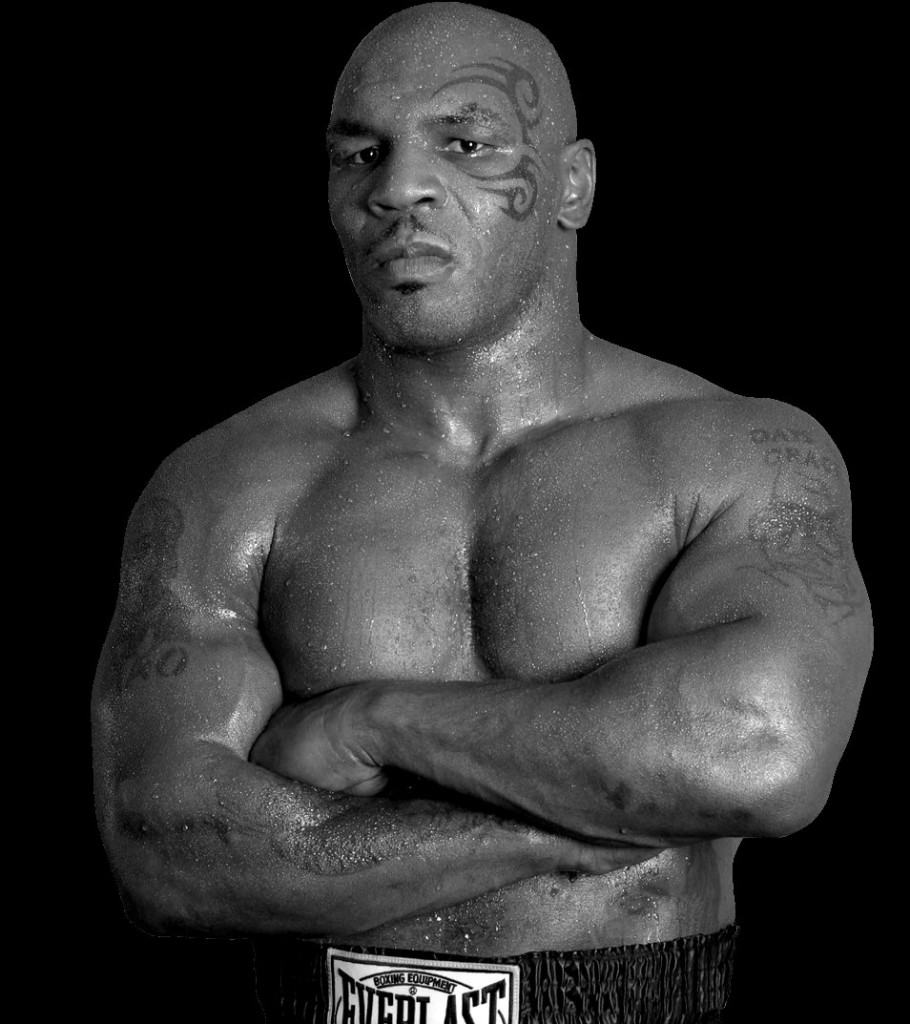The world of boxing has seen numerous athletes rise through the ranks, yet few have made as significant an impact as black heavyweight boxers. These fighters not only dominate the ring but also embody resilience, power, and the spirit of triumph over adversity. They have carved their names into the annals of history by showcasing their skills and breaking barriers, both socially and athletically. From the legendary bouts of the past to contemporary champions, black heavyweight boxers have consistently pushed the sport to new heights.
Throughout history, black heavyweight boxers have often been at the forefront of the sport, bringing electrifying performances and captivating stories. Their journeys often mirror the struggles faced by their communities, making their victories even more profound. These athletes have not only earned titles but have also become symbols of hope and inspiration, reminding us of the power of perseverance and dedication. Their legacies continue to influence aspiring fighters and fans alike, creating a lasting impact on the sport.
This article delves into the lives and careers of some of the most iconic black heavyweight boxers. We will explore their biographies, highlight their achievements, and understand the cultural significance behind their success. From the ring to societal change, these athletes have played a crucial role in shaping the narrative of boxing and empowering future generations.
Who Are the Most Influential Black Heavyweight Boxers?
When discussing black heavyweight boxers, several names stand out due to their remarkable contributions to the sport. These athletes have not only secured championships but have also transcended boxing to become cultural icons. Some of the most influential figures include:
- Jack Johnson
- Joe Louis
- Muhammad Ali
- Mike Tyson
- Deontay Wilder
What Is the Biography of Muhammad Ali?
Muhammad Ali, born Cassius Marcellus Clay Jr. on January 17, 1942, in Louisville, Kentucky, is arguably the most famous boxer of all time. Known for his charisma, unmatched boxing skills, and activism, Ali's life story is one of triumph and transformation. He became the heavyweight champion of the world at only 22 years old, showcasing his lightning-fast footwork and unique fighting style.
| Attribute | Details |
|---|---|
| Full Name | Muhammad Ali (Cassius Marcellus Clay Jr.) |
| Date of Birth | January 17, 1942 |
| Nationality | American |
| Weight Class | Heavyweight |
| Career Record | 56 Wins, 5 Losses |
| Notable Titles | 3-Time World Heavyweight Champion |
| Date of Death | June 3, 2016 |
How Did Jack Johnson Break Barriers in Boxing?
Jack Johnson, born on March 31, 1878, was the first African American heavyweight champion, holding the title from 1908 to 1915. His victory was significant during a time when racial segregation was rampant in the United States. Johnson's success in the ring challenged the status quo and paved the way for future black heavyweight boxers. He faced numerous opponents who were often favored due to their race, yet he overcame these challenges with unparalleled skill and determination.
What Challenges Have Black Heavyweight Boxers Faced?
Black heavyweight boxers have faced a myriad of challenges throughout history, from racial discrimination to societal stigmas. These hurdles have often defined their journeys, both in and out of the ring. Some of the major challenges include:
- Racial Discrimination: Many black boxers faced prejudice from fans and promoters.
- Limited Opportunities: Access to quality training facilities and matches was often restricted.
- Social Expectations: They were often expected to represent their communities in ways that transcended the sport.
- Media Scrutiny: Black boxers were frequently under a microscope, with their actions scrutinized more than their white counterparts.
How Have Black Heavyweight Boxers Influenced Society?
The influence of black heavyweight boxers extends far beyond the ropes of the ring. Their triumphs and tribulations have resonated with fans and communities, inspiring social change and empowerment. Some notable impacts include:
- Advocacy for Civil Rights: Many boxers used their platforms to speak out against injustice, becoming advocates for civil rights.
- Inspiration for Future Generations: Their success stories motivate young athletes to pursue their dreams, regardless of their background.
- Cultural Icons: They have become symbols of resilience and strength, representing the fight against oppression.
What Is the Legacy of Mike Tyson in Heavyweight Boxing?
Mike Tyson, born on June 30, 1966, is another prominent figure in the realm of black heavyweight boxers. Known for his ferocious power and aggressive fighting style, Tyson became the youngest heavyweight champion in history at the age of 20. His legacy is marked not only by his achievements in the ring but also by his tumultuous life outside of it. Tyson's story serves as a testament to the complex nature of fame, fortune, and personal redemption.
What Does the Future Hold for Black Heavyweight Boxers?
The future of black heavyweight boxers looks promising, with a new generation of fighters emerging and continuing the legacy of their predecessors. Athletes such as Deontay Wilder and Anthony Joshua are carrying the torch, showcasing the talents and skills that have defined this category of boxing. As they step into the ring, they not only compete for titles but also represent the ongoing struggle for equality and recognition in sports.
In conclusion, black heavyweight boxers have made indelible marks on the sport of boxing, overcoming various challenges and leaving legacies that inspire future generations. Their stories of resilience, strength, and triumph resonate with audiences around the world, proving that boxing is more than just a sport; it is a powerful medium for cultural expression and social change. The world eagerly awaits the next chapter in the history of black heavyweight boxers, as they continue to redefine what it means to be a champion.




